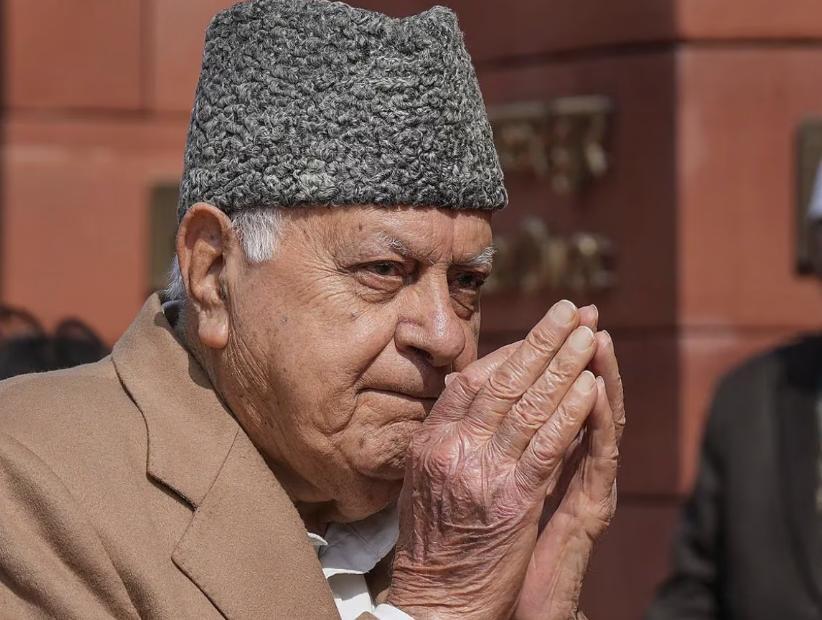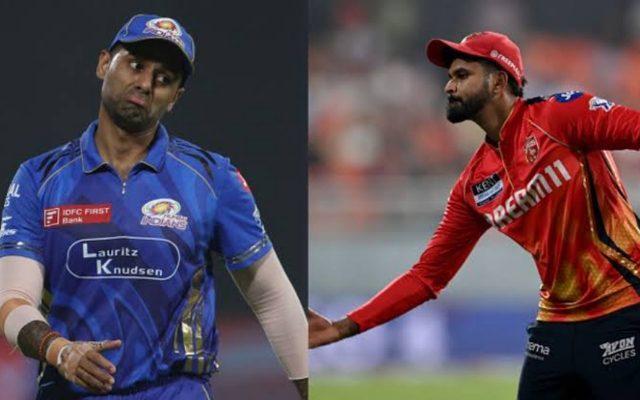
Ex-R&AW chief Dulat claims Farooq privately backed Article 370 abrogation, he denies
In his latest book, “The Chief Minister and the Spy”, former R&AW chief A.S. Dulat has made a sensational claim that former Jammu and Kashmir Chief Minister Farooq Abdullah privately backed the abrogation of Article 370. However, Abdullah has denied this claim, calling it a “figment of imagination” of the author who claims to be his friend.
According to Dulat, Abdullah’s National Conference (NC) suggested that the abrogation of Article 370 would have helped in passing the bill in Parliament. This claim has sparked a heated debate, with many wondering what could have led Abdullah to allegedly support the move.
For those who may not be aware, Article 370 is a special provision in the Indian Constitution that grants special status to Jammu and Kashmir. It was abrogated by the Indian government in August 2019, leading to widespread protests and unrest in the region.
Dulat, who served as the Director of the Research and Analysis Wing (R&AW) from 1999 to 2000, has written extensively about his experiences in his book. In it, he claims that he had met Abdullah several times during his tenure and that the latter had expressed his willingness to support the abrogation of Article 370.
According to Dulat, Abdullah had told him that the NC was willing to support the government’s move if it was done in a peaceful and constitutional manner. However, Dulat also claims that Abdullah’s willingness to support the move was not publicly known, and that it was only discussed in private meetings.
Abdullah, however, has strongly denied Dulat’s claim. In a statement, he called the claim a “figment of imagination” and said that he had never discussed the issue with Dulat or anyone else.
“I am shocked by the claim made by Dulat in his book. I have never discussed the issue of Article 370 with him or anyone else,” Abdullah said. “It is a figment of imagination of the author who claims to be my friend.”
It is worth noting that Abdullah has been a vocal critic of the government’s decision to abrogate Article 370. He has repeatedly called the move a “betrayal” and has demanded its restoration.
The controversy surrounding Dulat’s claim has raised several questions. If Abdullah did indeed support the abrogation of Article 370, why did he not publicly declare his support? And what could have motivated him to allegedly back the move?
One possible explanation could be that Abdullah was trying to maintain a delicate balance between his party’s stance on the issue and his own personal views. As the leader of the NC, Abdullah may have felt pressure to maintain a strong stance against the government’s move, while simultaneously exploring the possibility of finding a way to address the issue through private negotiations.
Another possible explanation could be that Dulat’s claim is simply a fabrication. While Dulat has a reputation for being a credible and experienced intelligence officer, it is possible that he may have misremembered or misinterpreted the conversations he had with Abdullah.
Regardless of the truth behind Dulat’s claim, it is clear that the controversy has sparked a heated debate about the nature of politics in Jammu and Kashmir. The region has long been a flashpoint for tensions between India and Pakistan, and the abrogation of Article 370 has only added to the complexity of the situation.
As the region continues to grapple with the aftermath of the move, it is clear that the issue of Article 370 will continue to be a source of tension and controversy. Whether or not Dulat’s claim is true, it is clear that the decision to abrogate Article 370 was a highly controversial one, and that its impact will be felt for a long time to come.
News Source: https://repository.inshorts.com/articles/en/PTI/5880e3bf-0a05-40d6-887a-465b5c760b3a






